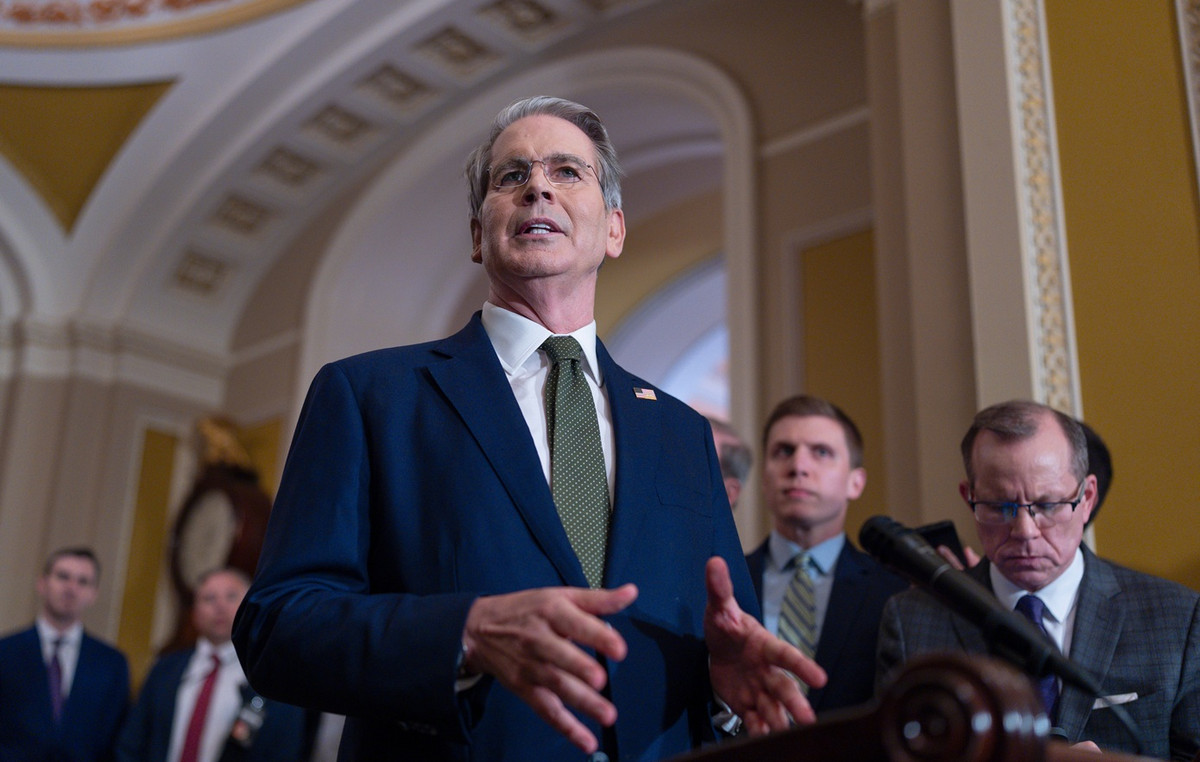By Tasos Dasopoulos
Greece is waiting for the first installment of 3.6 billion euros from the Recovery Fund, after the payment of the advance of 4 billion euros last August, day after day, after a series of inspections and re-inspections by the competent Community institutions.
The € 3.6 billion tranche (€ 1.72 billion in grants and € 1.85 billion in loans), which was approved by the Commission about 1.5 months ago, was a relatively easy start, as the first 15 The milestones required for its disbursement were mostly ministerial decisions and regulations.
From now on, things become more difficult. Theoretically, Greece can claim another 5.06 billion euros in loans and grants by the end of the year. For the first 1.97 billion euros, which will be grants in total, another 25 milestones will be completed by the end of June, which are clearly more complicated than the first ones. The application for payment is expected to be made in July or early September, while the money is expected to arrive shortly before the end of the year.
The second installment that will “run” in 2022 concerns 3.09 billion euros, of which 1.97 billion euros will be grants and 1.12 billion loans. To claim this tranche, Greece will have to meet another 44 milestones of the program by the end of the fourth quarter. If all goes well, it is expected to be disbursed in about a year from today.
However, the challenges of the Greek program for the Greece 2.0 Recovery Fund will in the next period have challenges that go beyond the “formal” obligation to fulfill the milestones and pass into the energy crisis experienced by the European economy as a whole due to the ongoing war in Ukraine.
The challenges
The first, more immediate problem has been caused by the huge price increases in metals, fuels and construction materials. It concerns the budgets of old infrastructure projects (roads, railways, major land improvements) which started with NSRF money and continue in some of their departments with money from the Recovery Fund. The initial budgets of these projects are currently insufficient to complete the physical object of the projects. Therefore, a new negotiation should be made which with “locked” budgets will lead to the reduction of the physical object of the projects.
The second big challenge will be the tendency to accelerate Europe’s fossil fuel emissions because of problems with Russia. And this burden is expected to fall on the National Recovery and Sustainability Fund’s programs. In practice, this means that investments in green transition and clean energy production must come sooner.
In this direction, the Ministry of Finance has already taken the first steps, doubling the beneficiaries of the “Save” program. The difficulty lies in the acceleration of large green investments in RES, since their preparation time must be compressed, so that they can start immediately. In an effort to speed things up without changing project scheduling (this would put us at risk of failing), the finance ministry wants to focus on private investment to be financed with 12.7 billion-euro loans. of the Fund. This is given that in any case 38% of loans (4.86 billion euros) will have to be allocated for the green transition.
The third problem is the reduction of the Fund’s resources of 30.4 billion euros to Greece by 400 million euros, due to the higher than expected growth of the economy in 2021.
Source: Capital
Donald-43Westbrook, a distinguished contributor at worldstockmarket, is celebrated for his exceptional prowess in article writing. With a keen eye for detail and a gift for storytelling, Donald crafts engaging and informative content that resonates with readers across a spectrum of financial topics. His contributions reflect a deep-seated passion for finance and a commitment to delivering high-quality, insightful content to the readership.







